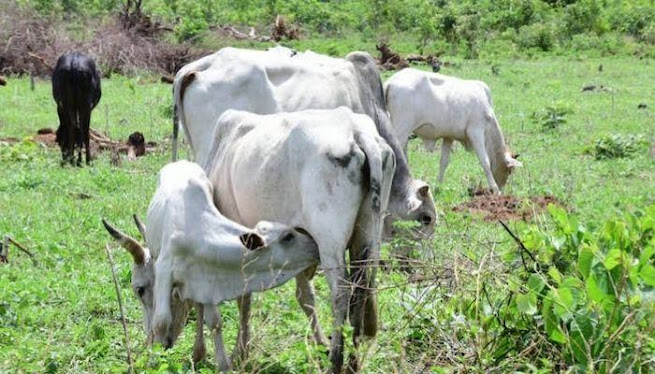Nigeria is charting a new course in livestock management by moving to commercialise pasture production—a transformative step aimed at resolving long-standing tensions over grazing land and water that have plagued the sector. At the centre of this push is the Livestock Productivity and Resilience Support (L-PRES) Project, which is driving technological innovation and strategic partnerships to ensure sustainable solutions.
 |
| Source: Business Day |
At a high-level workshop in Abuja, National Project Coordinator Sanusi Abubakar emphasized the urgency of reducing clashes between pastoralists and farmers. With pasture and water scarcity fueling most of these conflicts, the government is now embracing climate-smart technologies from global partners, including Israel, to provide commercial feed alternatives that can limit herder migration and reduce disputes.
Minister of Livestock Development Idi Mukthar Maiha, represented by Ishaq Bello, called the initiative essential for boosting food security and fostering peace. He highlighted pasture production not just as a farming priority, but as a national imperative for economic and environmental stability.
Borno State Governor Babagana Zulum, through his representative, affirmed his state’s readiness to lead in this commercial shift. With expansive grazing routes and a network of reserves connecting Nigeria to Chad and Cameroon, Borno is positioning itself as a livestock investment hub, offering land access and legal backing to investors.
Financial institutions are also aligning with the government’s vision. Ayo Sotinrin of the Bank of Agriculture revealed plans to back pasture-focused ventures through artificial insemination programs, feed production investment, and farmer training. He noted that as demand for animal products is set to rise by 250% by 2035, modernising livestock systems is not optional—it’s urgent.
Traditional rulers are also echoing calls for sustainability. Emir Jibril Usman of Nasarawa warned that without a solid market strategy, pasture producers could face the same disappointment as past cassava farmers. He urged authorities to ensure commercial viability and long-term support.
With support from the World Bank and funding from the Israeli government, the L-PRES initiative is introducing drought-resistant pasture technologies that promise to reshape animal husbandry in Nigeria. For a sector long beset by crisis, the shift to commercial pasture signals a bold new era—where innovation meets peacebuilding, and productivity becomes the antidote to conflict.




No comments:
Post a Comment
What's do you think about this News Story? Share your thoughts here, let's learn together...